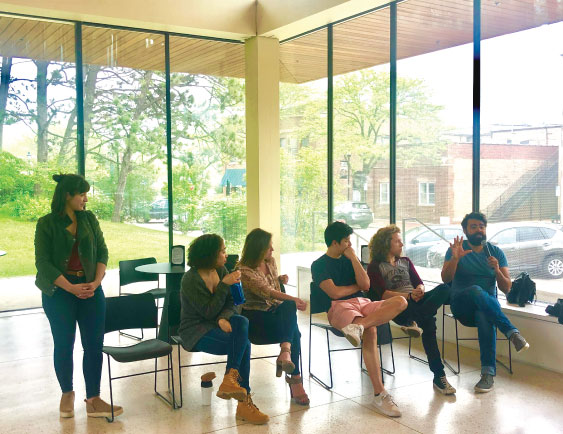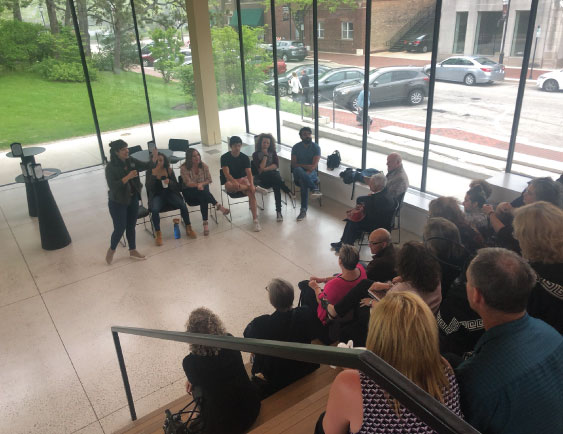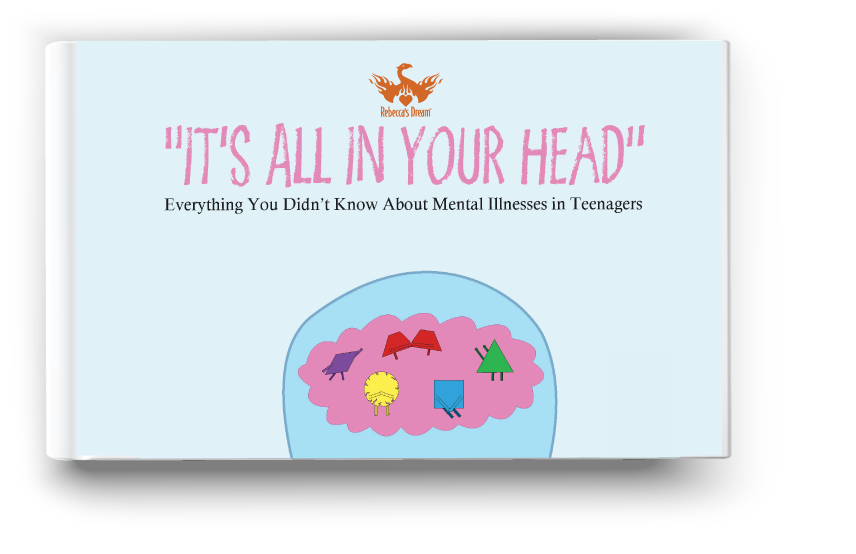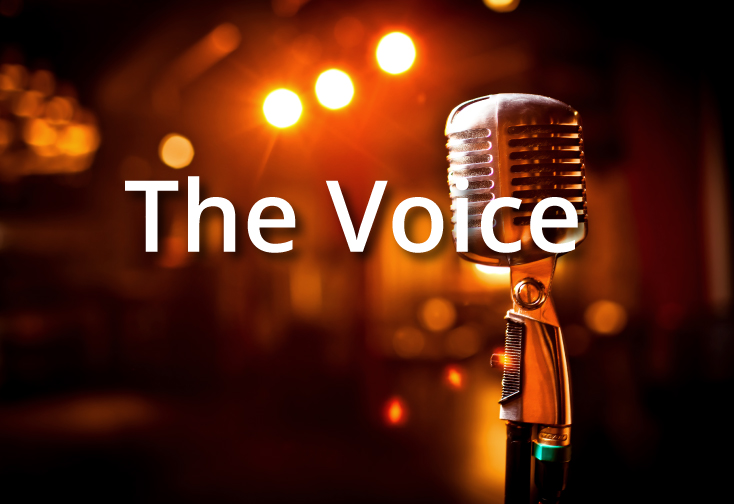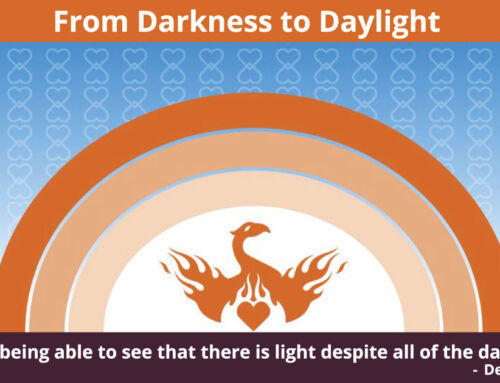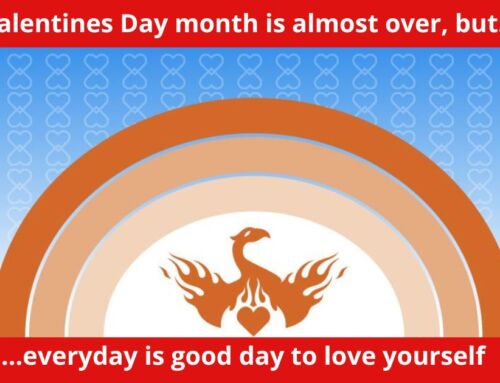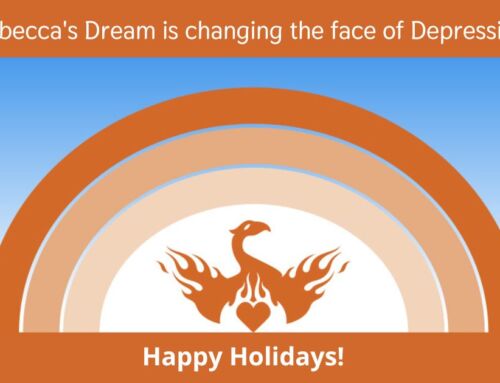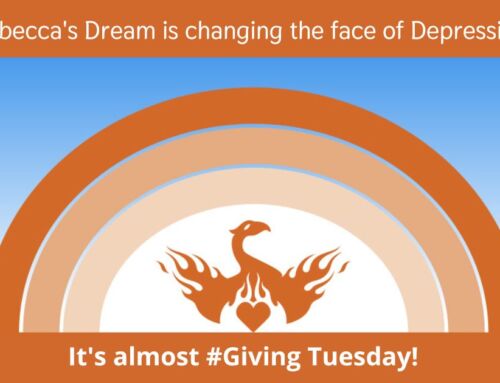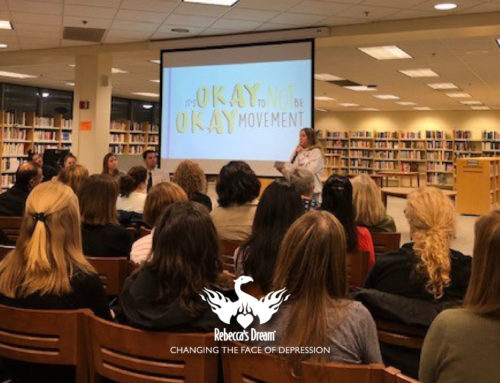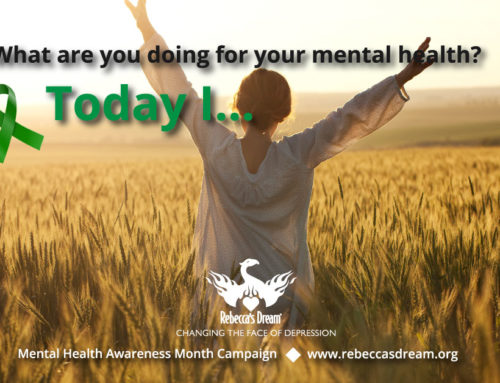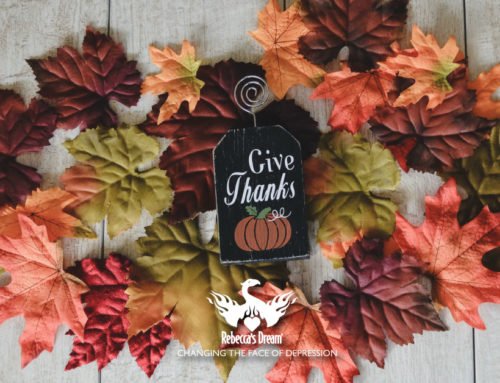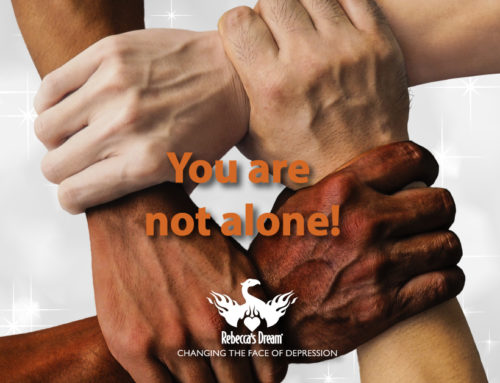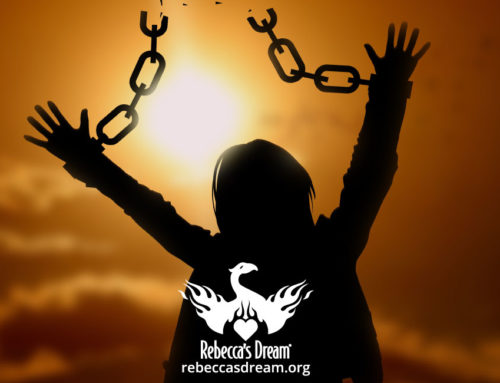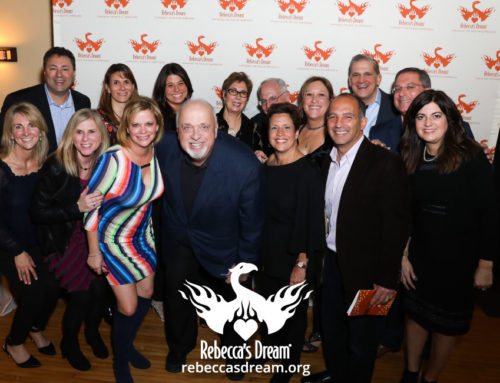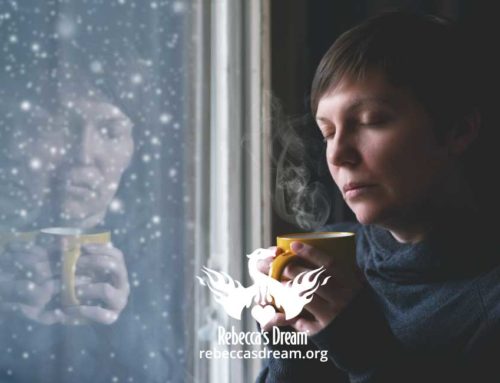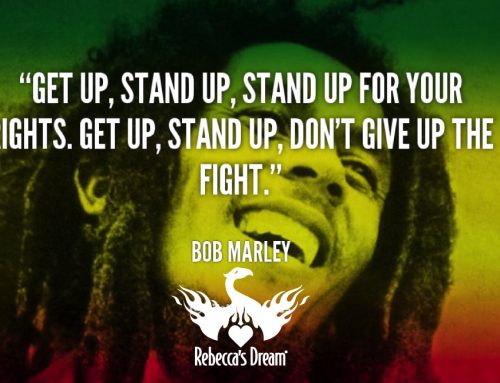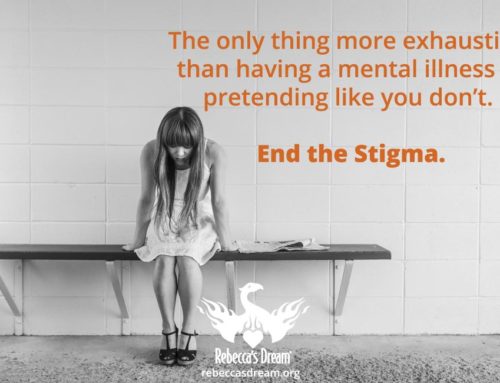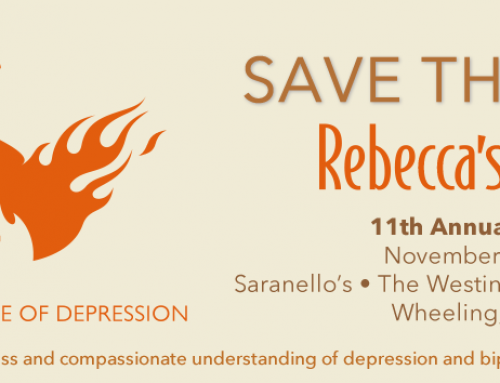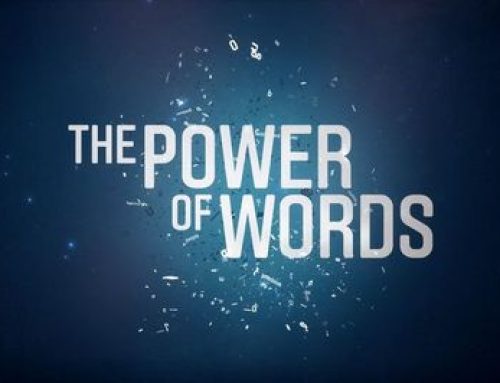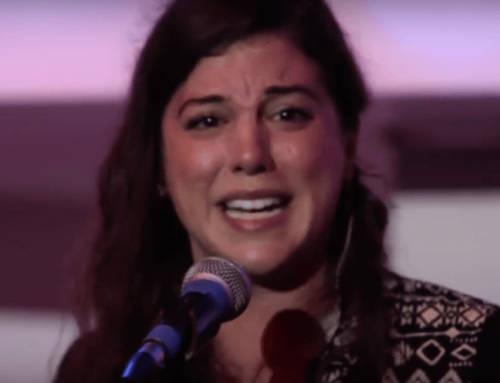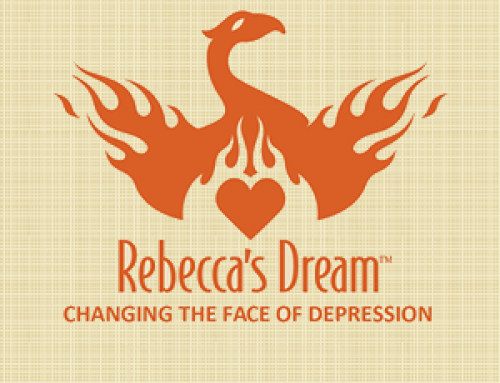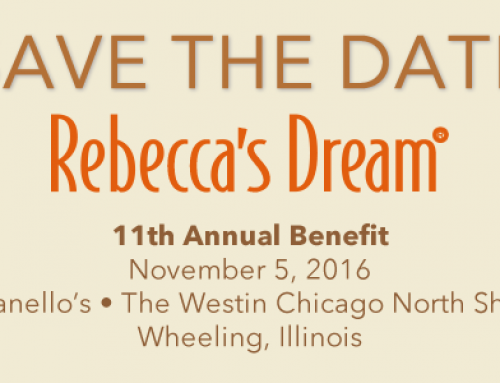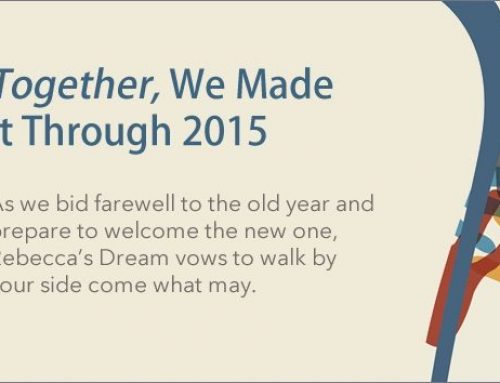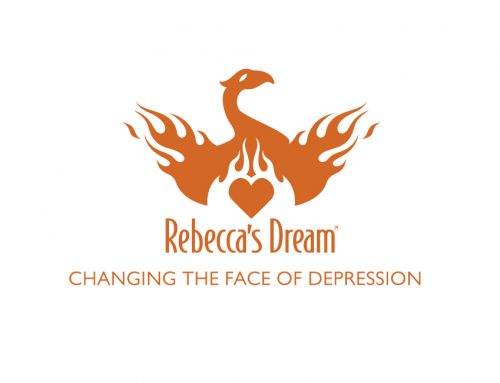NORMAL OR NEXT TO NORMAL
According to Random House Webster’s Unabridged Dictionary, Random House, New York, 2001
NORMAL is: 1. conforming to the standard or the common type; usual; not abnormal; regular; natural. 3. Psychol. a. approximately average in any psychological trait, as intelligence, personality, or emotional adjustment.
We all have moments of feeling normal and moments of feeling next to normal. I have felt ‘beside myself’ on many occasions for various reasons. Then… usual, not abnormal, regular, natural feelings return and all is well. A dip in the road, a small setback, a moment in time, nothing to be alarmed about or ashamed of.
Life goes on…as normal.
Yet, bipolar disorder affects approximately 5.7 million adult Americans, or about 2.6% of the U.S. population age 18 and older every year. (National Institute of Mental Health)
- The median age of onset for bipolar disorder is 25 years old, although the illness can start in early childhood or as late as the 40’s or 50’s (National Institute of Mental Health).
- The World Health Organization states: Bipolar disorder is the sixth leading cause of disability in the world.
- Millions of people are trying to live normal lives while feeling next to normal due to mental illness.
Do you know someone with bipolar disorder? Are you living with bipolar disorder? Have you witnessed a manic and/or depressive episode that is not merely a dip in the road but a full blown disease? Have you, personally, experienced a manic/depressive episode? Are you a caretaker, spouse, child, friend, colleague or family member of a loved one with bipolar disease? If so, we hope you have developed compassionate understanding and awareness of what it’s like to feel ~ next to normal ~ not regular.
Because Rebecca’s Dream’s mission and vision PROMOTES AWARENESS AND COMPASSIONATE UNDERSTANDING OF DEPRESSION AND BIPOLAR DISORDER AS REAL DISEASES it made sense for RD to partner with Writers Theatre’s 2019 production of NEXT TO NORMAL ~ winner of three Tony Awards, a Pulitzer Prize and named one of (2008) ten best Broadway shows.
NEXT TO NORMAL explores a mother’s struggle with worsening bipolar disorder and the effects managing her illness has on her family.
Writers Theatre gets it! Director David Cromer understands how it feels to live with bipolar disorder while family members care take to the best of their ability. Rebecca’s Dream gets it! Our mission to educate and inform the world about what life feels like for individuals and their families while managing bipolar disease fit perfectly with NEXT TO NORMAL.
RD gratefully acknowledges Writers Theatre for welcoming us into their house ~in collaboration~ to continue eradicating the stigma of mental illness through education.
Most of all, thank you to RD’s supporters who experienced a meaningful afternoon this past June 9th ~ discovering what is normal and what is next to normal.
You are deeply appreciated.
With gratitude,
Gail W. Cutler
And the Board of Directors of Rebecca’s Dream
Some Impressions from our “next to normal” Event
Take a Stand – Green Hat Walk 2019 a Great Success!
Rebecca’s Dream and MHAGC
“I think the stigma attached to mental illness
will disappear just like it did for cancer years ago.”
-Sally Graham
“IT’S ALL IN YOUR HEAD”
Author and illustrator Marlee F. Is a teen living successfully with depression. As Marlee struggled to understand her thoughts, feelings and moods she created “IT’S ALL IN YOUR HEAD.” Marlee’s passion became helping teens easily understand they are not alone during difficult mental health challenges ~ help she wishes she had during her early years of confusion and shame.
Mental disorders don’t discriminate.
One in five teens are affected by some form of disorder severe enough to impact their daily lives.
However, with professional help and self-care most teens feel better within 4-6 weeks.

Tips & Tools
6 Tips for Getting into Shape While Depressed
Experts say that a regular exercise routine does help with depression. Exercise helps you sleep better, improves your overall health, and gives you confidence. Plus, exercise gives you endorphins and endorphins are part of what make you happy.
Not sure how to stick to an exercise routine when you’re already feeling down? These tips may help.
Follow These Strategies, and You’re 25% More Likely to Keep Exercising Setting realistic goals, rewarding yourself, practicing kindness, and establishing a support system will help you on the road to recovery.
Source: www.theladders.com





